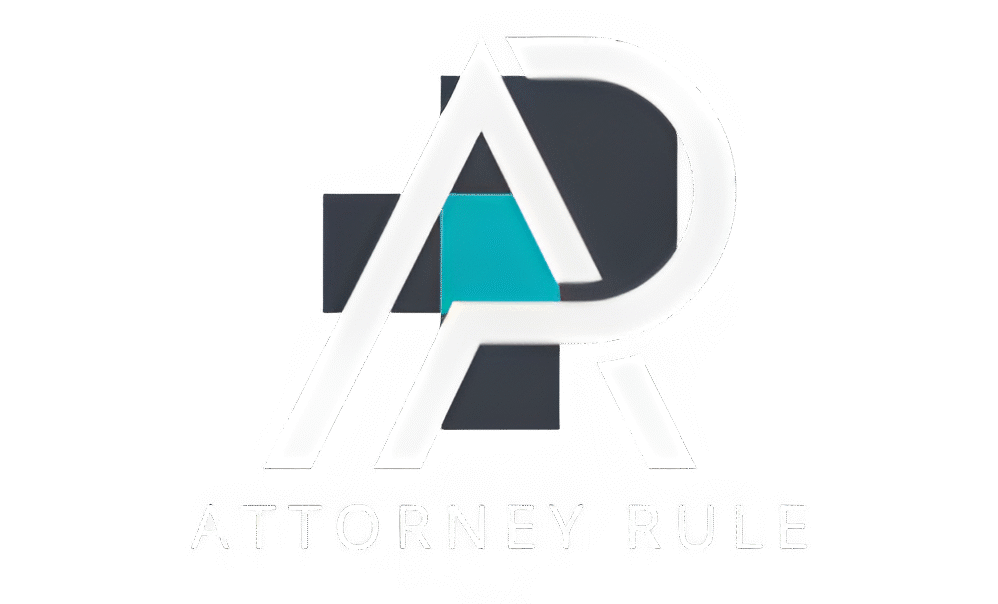The crypto world thrives on trust — or, more accurately, on trustless systems built to eliminate the need for human reliability. Yet, in a space where billions move through lines of code, trust often falls back on one key player: the auditor. That’s where OtterSec comes in — or, rather, came in.
Once a respected blockchain auditing firm, OtterSec now finds itself at the center of a complicated lawsuit involving fraud, breach of contract, and negligence. What started as a dispute over ownership and operations has evolved into a broader conversation about ethics, transparency, and the reliability of crypto auditing firms.
Let’s unpack what’s happening, why it matters, and what it might mean for the blockchain industry as a whole.
Who (or What) Was OtterSec?
OtterSec was a blockchain security firm that specialized in auditing smart contracts — the self-executing code that powers DeFi (decentralized finance) apps, NFTs, and blockchain protocols. Its job was to comb through lines of code, identify vulnerabilities, and certify that a project was secure before launch.
In the high-stakes world of crypto, one missed bug can mean millions lost. So, security auditors like OtterSec occupy a critical position: they bridge the gap between complex code and investor confidence.
OtterSec had a reputation for quality. The firm claimed to have audited billions of dollars’ worth of on-chain assets and was often mentioned alongside other top firms like Trail of Bits and CertiK. But behind the scenes, not everything was running smoothly.
The Legal Firestorm: What the Lawsuit Is About
The OtterSec lawsuit is a mix of two main storylines:
-
An internal power struggle between its founders; and
-
A claim from a client alleging that OtterSec’s audit was flawed, leading to financial losses.
Together, these claims paint a picture of a firm caught between corporate chaos and professional accountability.
1. The Internal Battle
OtterSec was co-founded by Robert Chen, along with partners Sam Chen and David Chen (Sam’s father). Like many startups, the company began with promise — but disagreements over equity, management, and future direction soon surfaced.
In April 2022, Robert negotiated changes to OtterSec’s ownership structure that allegedly reduced Sam’s stake. Court documents claim Robert did this while privately negotiating with third-party investors — without properly informing his partners. Soon after, in mid-2022, Robert moved to dissolve OtterSec, despite objections from the other founders.
Tragically, Sam passed away in a car accident that July. His widow, Li Fen Yao, took over his estate and continued the legal battle, arguing that Robert had improperly dissolved the company and siphoned its business into new entities — Otter Audits LLC and RC Security LLC — which he controlled.
Essentially, the lawsuit alleges that Robert “killed” OtterSec only to revive it under new branding, cutting out his former partners in the process. The complaint accuses him of fraud, breach of contract, breach of fiduciary duty, and unjust enrichment.
2. The Flawed Audit Allegation
Beyond internal drama, OtterSec is also facing external criticism from a client who claims the firm delivered a flawed audit — one that failed to identify major vulnerabilities. Those flaws, the client argues, led to a hack and significant financial losses.
While details of this specific claim are still unfolding, it raises an important question:
How much legal responsibility do blockchain auditors hold when something goes wrong?
Unlike traditional accounting audits, smart contract audits are not yet governed by standardized regulations. Most firms include disclaimers stating that audits “do not guarantee the absence of vulnerabilities.” But as real money and investor trust are on the line, that disclaimer may not hold up forever — especially when negligence or misrepresentation is alleged.
What the Court Has Said So Far
As of late 2025, parts of the case are still ongoing. However, several motions have already been ruled on:
-
The court allowed certain breach-of-contract and fiduciary-duty claims to proceed, meaning the allegations about improper dissolution and misappropriation of assets were substantial enough to warrant a trial.
-
Some of the fraud claims were dismissed or narrowed, mainly because of insufficient detail about specific misrepresentations (as required under Rule 9(b)).
-
The negligence claims tied to the audit itself remain under review, pending further discovery and expert testimony.
In plain English: the court believes there’s enough smoke to keep looking for fire.
Why This Case Matters Beyond OtterSec
The OtterSec lawsuit is more than just an internal squabble — it’s a warning shot for the entire blockchain security industry. Here’s why:
1. Auditors Are Becoming Legal Targets
Until recently, crypto auditors operated in a gray zone. Their disclaimers often shielded them from liability, even when audits missed serious flaws. But as losses climb into the billions and more institutional investors enter crypto, regulators and courts are starting to demand higher accountability.
If this lawsuit establishes that an auditor can be held legally responsible for negligence or misrepresentation, it could reshape the entire industry. Smaller audit firms may be forced to tighten contracts, raise fees, or even carry liability insurance — something rare in the crypto world.
2. Corporate Governance in Crypto Is Maturing (Painfully)
The internal side of the OtterSec case — the fight over dissolution and asset transfers — highlights a recurring problem in Web3 startups: poor governance.
Many crypto firms begin as informal partnerships built on trust and Telegram messages. Equity splits and operating agreements often lag behind. When money starts flowing, disagreements turn legal fast. The OtterSec case underscores the importance of having airtight contracts, clear decision-making processes, and formal governance structures — even in the supposedly “decentralized” world of crypto.
3. Trust in Audits Is at Stake
For investors, this lawsuit raises uncomfortable questions:
If you can’t fully trust a blockchain auditor, who can you trust?
The value of an audit lies in confidence — that experts have combed through the code and flagged anything risky. But if auditors can miss critical issues or if their own internal practices are questionable, that confidence erodes. It doesn’t just affect one firm — it undermines the credibility of every audit report in the ecosystem.
What Happens Next?
As of now, the OtterSec case is still moving through the courts. Discovery is expected to bring more documents to light, including financial records and communications between founders and clients.
If the plaintiffs succeed, the court could order damages, restitution, or dissolution remedies, possibly forcing Robert Chen’s successor entities to compensate the estate of Sam Chen and affected clients. Alternatively, if the defendants prevail, it may reinforce the limited liability protections that many crypto auditors currently rely on.
Either way, the verdict will likely set a precedent for future disputes involving blockchain auditors and internal ownership conflicts.
Final Thoughts: A Cautionary Tale for Crypto Builders
The OtterSec lawsuit is more than just a headline about legal drama — it’s a reflection of a maturing industry learning hard lessons.
It shows that even the most technically skilled teams can fall apart without transparency and good governance. It also shows that, in crypto, trust doesn’t stop at the blockchain — it extends to the humans who build and audit it.
As blockchain projects continue to grow in complexity and financial importance, the need for clear legal frameworks, ethical auditing standards, and professional accountability will only become stronger.
OtterSec’s story is a reminder that in crypto, just like in traditional finance, reputation is everything — and once it’s lost, no audit can restore it.

